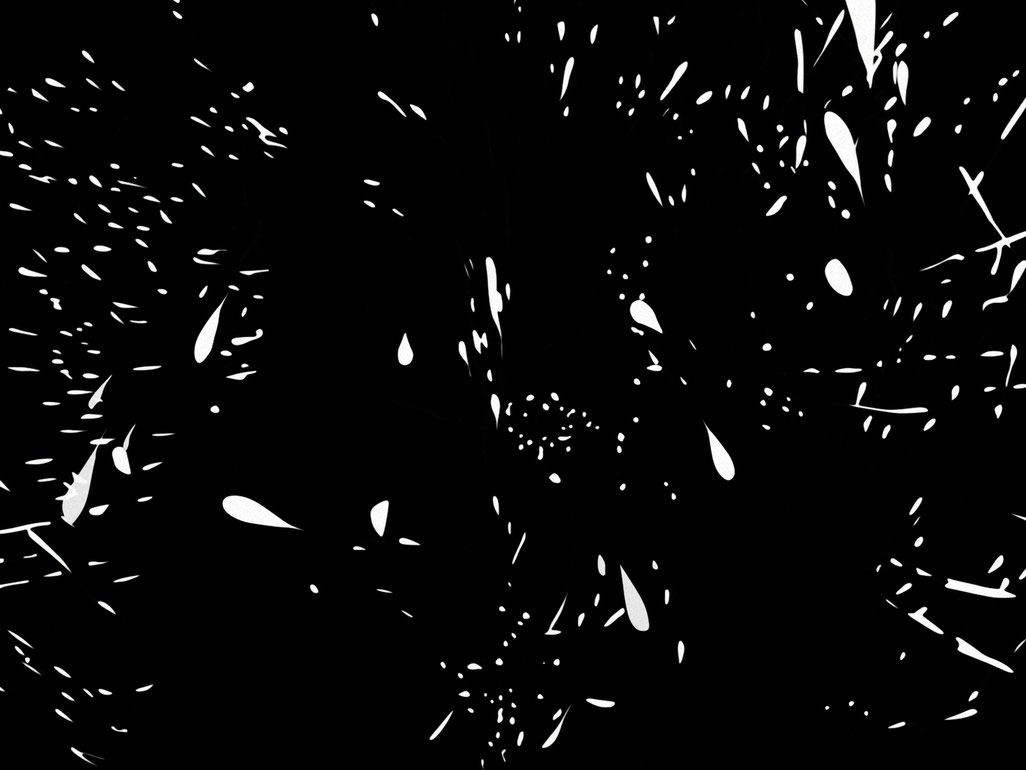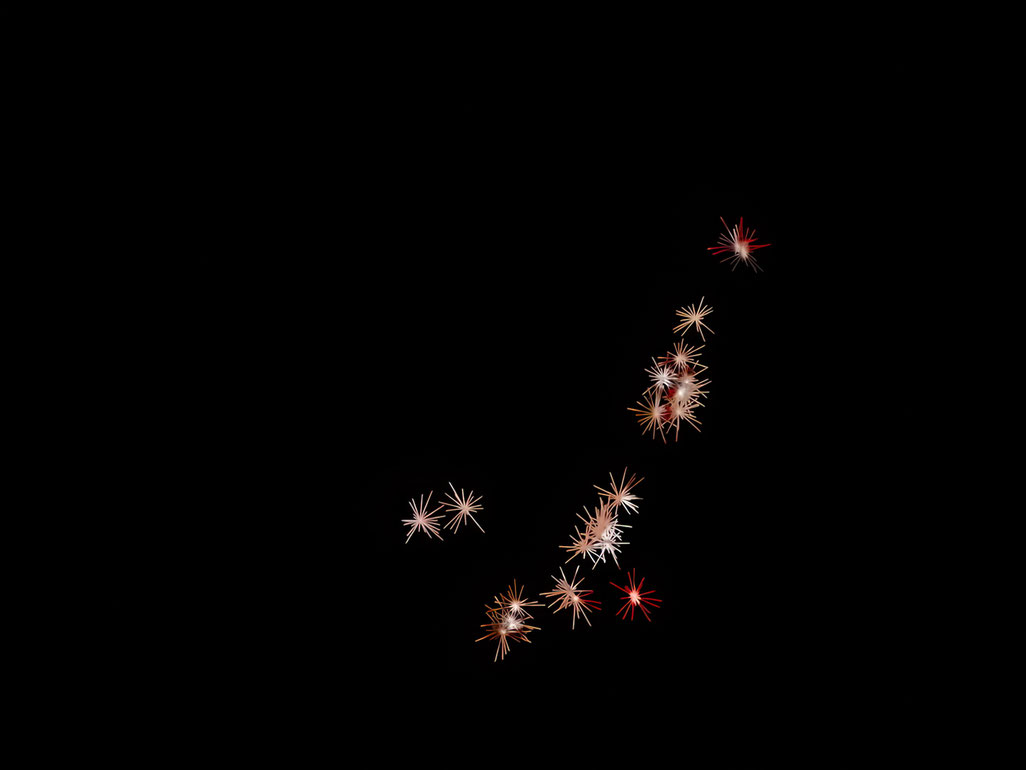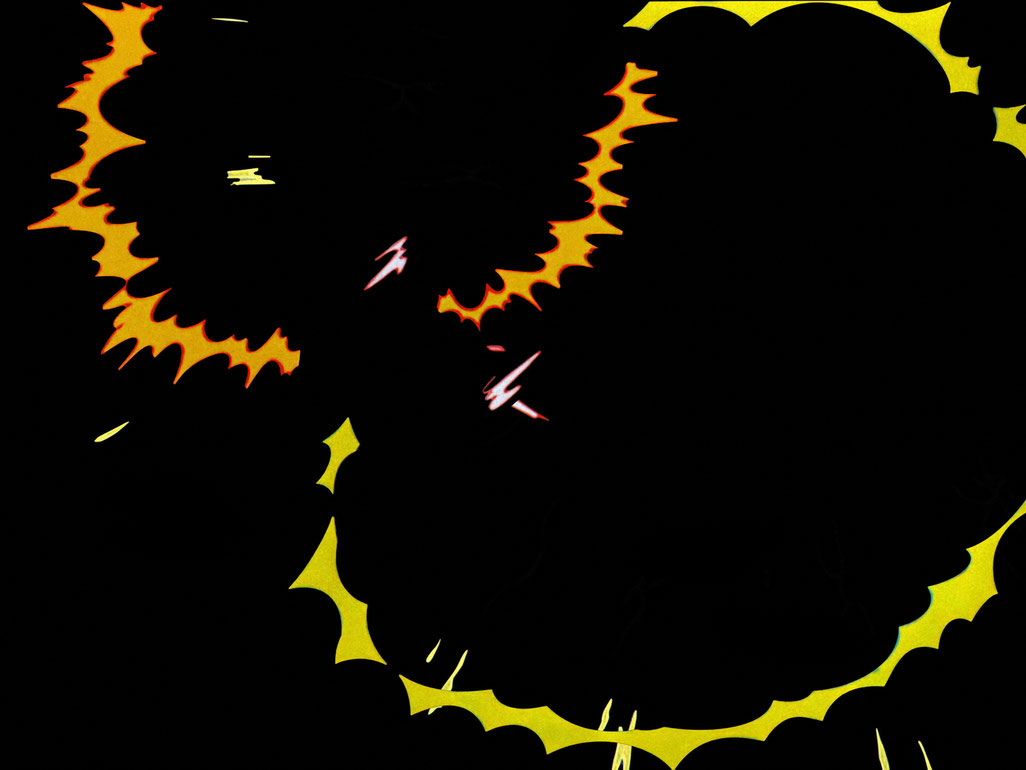BLACKOUT
BLACKOUT
„Fluids“
„In Tinseltown“
„Background Check”
I chose the term “Blackout” as the overall title because it either means too much or nothing at all: memory lapse, fainting, power failure, stock market crash, etc.
Supposedly it originally comes from the theater world and refers to an abrupt switching off of the spotlights, which was either used as a dramaturgical effect to emphasize a punchline or simply helped when arranging a scene or changing the scenery. It’s no surprise that it was later adapted for the spaces of the so-called “Lichtspiele” (in German, a synonym for movie theatre).
What does it mean when the background is no longer visible? What does a background erasure mean compared to a free-form select of the foreground? And is there a complete erasure of the background at all, or are traces always left behind that can at least be guessed at?
In my blackouts you can still see cats twitching, mice spitting, and Marilyn looking down from the starry sky. In English we speak of events taking up space (“take place”), but what happens when the space is not a place, so to speak, but an empty space? A black hole.
In the sense of a shift in perspective, I hope that the works are disappointing, because after all, that term suggests that the viewer was previously deceived when looking at the originals.
“Fluids” has echoes of elements from Christian iconography; “In Tinseltown” is a compliment to the MeToo movement; and “Background Check” reminds me of juvenile athletic competitions. (Martin Arnold)
Translation: John Wojtowicz
BLACKOUT
2023
Austria
8 min



